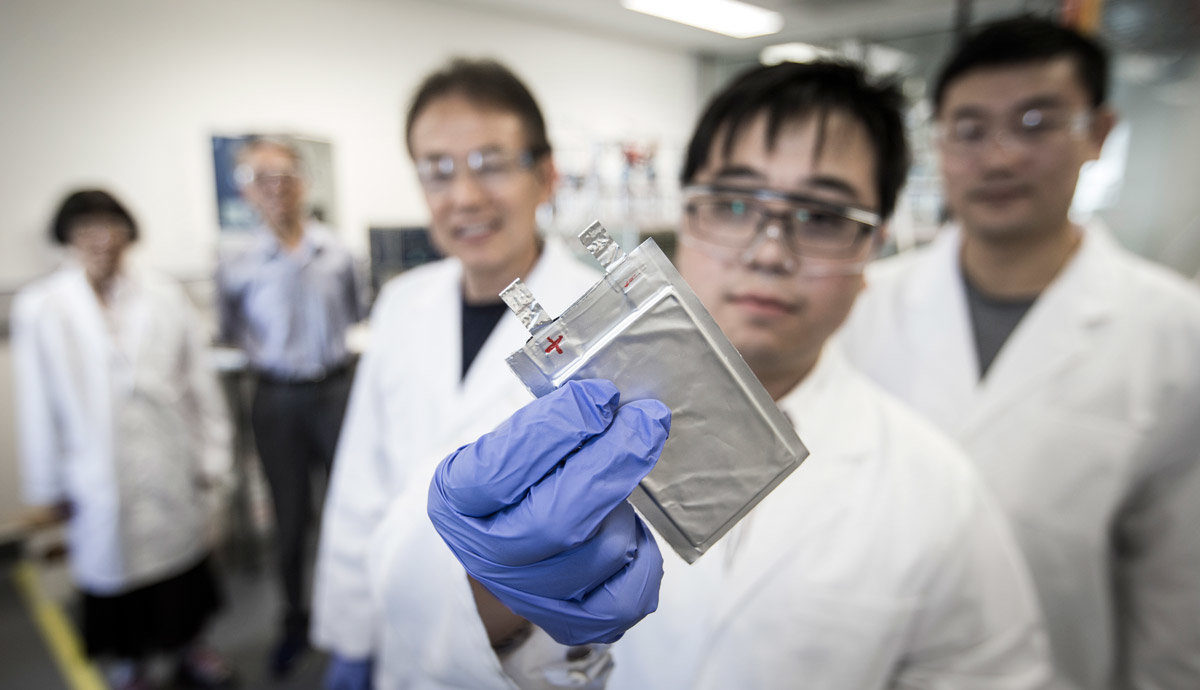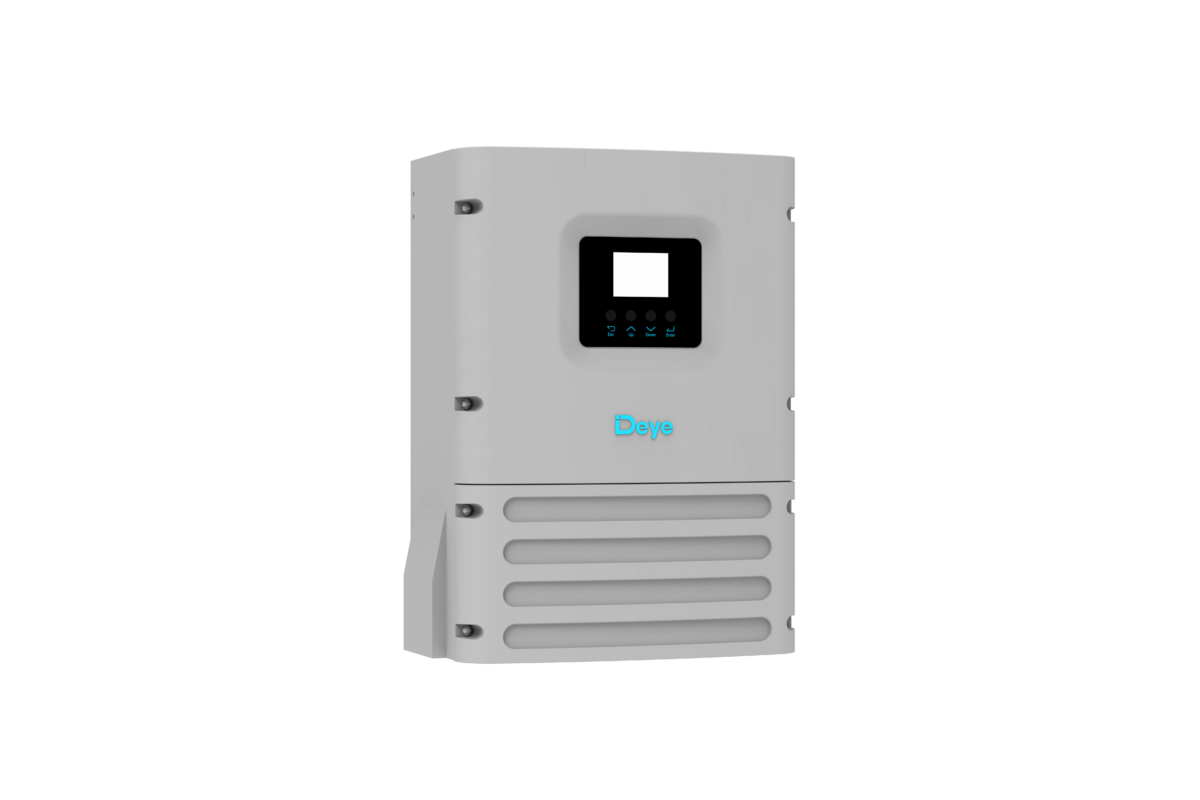Thanks to their potential for low-cost energy storage based on abundant, non-toxic materials, sodium-ion batteries are an increasingly competitive area of research. However, the technology has so far seen little commercial adoption.
In a trial led by University of Wollongong’s Institute for Superconducting and Electronic Materials (ISEM), 30 kWh of sodium-ion battery packs were commissioned Friday at Sydney Water’s Bondi sewage pumping station – located just off the iconic Bondi Beach.
The $10.6 million renewable energy generation system features 6 kW of solar panels, an energy management system and a temporary lithium-ion battery pack.
Sydney Water will use lithium-ion batteries for 12 months to test the energy management system before transitioning to sodium-ion batteries as the first batches of batteries are received from industry partners in China.
“Critically, this project will deliver commercial-scale and ready-for-manufacture sodium-ion battery technology that allows lower-cost distributed renewable energy supply to become a reality,” ISEM Director Professor Shi Xue Dou said.
The Bondi pumping station was chosen as a massively energy-intensive facility that moves huge daily volumes of wastewater in order to prove the technology against highly intermittent and impulse-heavy loads.
The system will generate approximately 8,000 kWh of energy each year – more than the Bondi pumping station requires to power its own needs.
This pilot could be scaled up, as Sydney Water has a network of more than 780 sewage pumping stations.
On behalf of the Australian Government, ARENA previously announced $2.7 million in funding for the Smart Sodium Storage Project that will develop and demonstrate sodium-ion batteries in renewable energy storage applications.
“Thanks to the contribution of world-leading researchers from the University of Wollongong, these relatively inexpensive and reliable sodium-ion batteries aren’t too far off, potentially reducing our reliance on lithium,“ ARENA CEO Darren Miller said.
Earlier this year, researchers at University of Wollongong’s ISEM made a breakthrough in sodium-ion battery design, having developed a material which is not sensitive to air, and exhibits strong cycling stability.
This content is protected by copyright and may not be reused. If you want to cooperate with us and would like to reuse some of our content, please contact: editors@pv-magazine.com.




“The $10.6 million renewable energy generation system features 6 kW of solar panels, an energy management system and a temporary lithium-ion battery pack.”
There looks to be something wrong with the pricing here. 6KW of solar panels should cost in the ballpark of $10,000-$15,000 installed. Lithium-ion batteries for 15 hours of storage, that’s 90 kwh, should be in the ballpark of $50,000. The energy management system, an expensive one-off, say $100,000. If 90 kw of sodium-ion cells are costing the remaining $10m, they would be $110,000 per kwh. This is too dear for spacecraft, let alone pumping sewage.
This battery can use in Electrical vichale